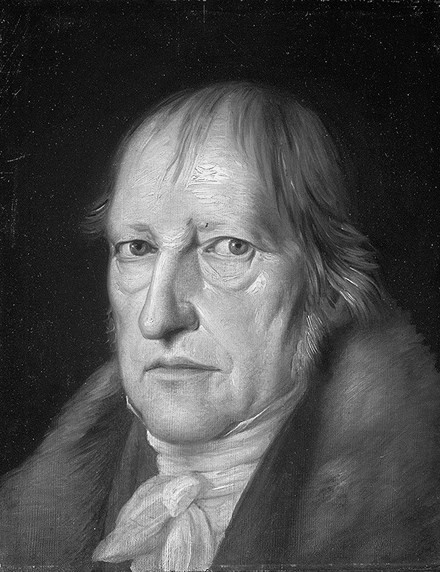

Hegel and the doctrine of expressivism
pp. 163-183
in: Carol C. Gould, Robert S. Cohen (eds), Artifacts, representations and social practice, Berlin, Springer, 1994Abstract
Contemporary criticisms of modern thought and culture often invoke the concept of expressivism. Although variously construed, expressivism generally is a view of reason, humans and their world opposed to Enlightenment dichotomies. According to the expressivist doctrine, man and world are not abstractly juxtaposed but integrally interrelated: individuals exist as parts of a broader whole, just as the world is the place for their self-realization and self-discovery. Similarly, norms of rationality are not abstractly contraposed to particular forms of life but deemed to have meaning and reality only in expressing existing social practices.


